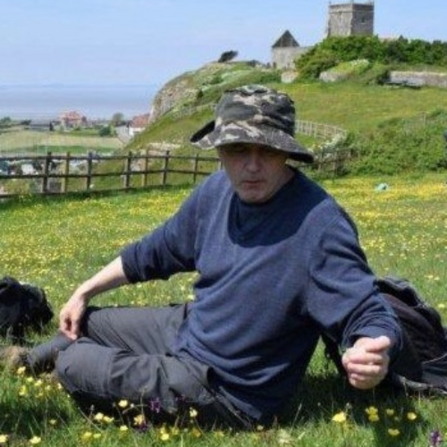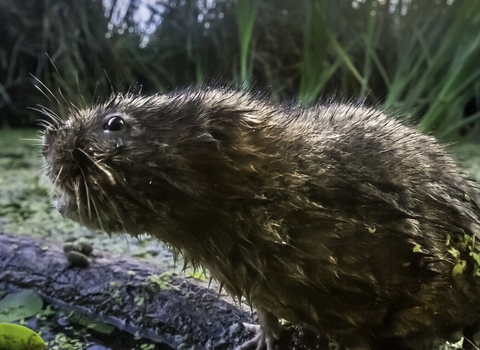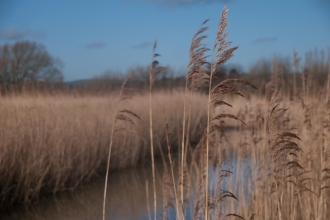The Bogs & Bittern project
Wetland habitats are rich ecosystems that support a diverse range of wildlife, providing essential resources including food, water, and shelter. They also play a vital role in flood control, water purification, and carbon storage.
Our Bogs & Bittern project aims to restore the wetland character of four nature reserves and newly create three good quality ‘stepping stone’ sites for wildlife across an area of 50 hectares of the Somerset Levels. The restored habitats will include freshwater rhynes and open water, reedbed, bog, fen and wet grassland. By restoring these habitats, we can create wildlife corridors for species to move within and beyond the Somerset Levels, strengthening the county’s Nature Recovery Network.
The project ecologist will review the condition of local wildlife sites to understand the importance of these smaller pieces to the Nature Recovery Network. These can be the hidden gems where species-rich specialist habitats thrive unseen. Community grants will be available to support private and community landowners to enhance how they manage their site for wildlife.
This restoration benefits many wetland species, including the reedbed-dwelling bittern. It furthermore enhances the hydrological resilience of the landscape, so it can better react and adapt to increasing frequency and severity of drought and flood events expected due to climate change.
The 2-year project is funded by the Government's Species Survival Fund. The fund was developed by Defra and its Arm's-Length Bodies and is being delivered by The National Lottery Heritage Fund in partnership with Natural England and the Environment Agency.
Creating new stepping stone sites and revitalising larger wetland habitats in the Avalon Marshes is vital to support greater species abundance. We hope to see plentiful native wetland-specialist plants, a bounceback in insect numbers and to capture more frequent birdsong and animal movements across the sites.Bogs and Bitterns Project Coordinator at Somerset Wildlife Trust
Project team
The project will be led by Finlay Clothier, Species Survival Fund Project Coordinator, and Andrew Robinson, Species Survival Fund LWS Ecologist.
This project is funded by the Government's Species Survival Fund.
Finlay Clothier

Bringing together his leadership and environmental experience, Finlay is now working as the project coordinator of the Bogs & Bittern project. Originally joining the trust to work in climate adaptation across Somerset communities, he brings his enthusiasm to support the Glastonbury community, as well as the surrounding Avalon marshes area. This includes supporting the community-led wilding activities at St Bride's Mound fields with Glastonbury Town Deal match funding.
Contact by email finlay.clothier@somersetwildife.org
Andrew Robinson

Andrew is a very experienced ecologist who has worked in both public and private sectors and has a particular interest in grassland habitats. He has run courses to help volunteers improve their botanical skills. He also works with a variety of voluntary groups to record valuable scientific data and to enjoy the wider countryside. He is the Local Wildlife Sites ecologist for the Bogs & Bittern project.
Contact by email andrew.robinson@somersetwildlife.org
Current opportunities







